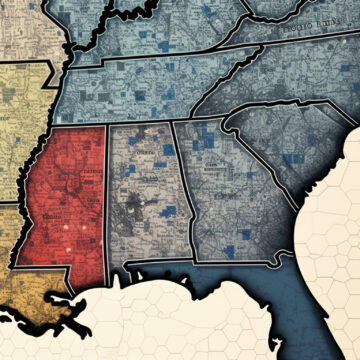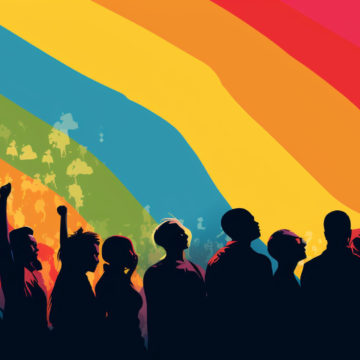Every morning, in towns and cities across the United States, lines begin to form at methadone clinics well before the sun fully rises. People with opioid use disorder shuffle in for their daily dose of a medication that, while intended to save their lives, has become a lightning rod for criticism and controversy. Somewhere behind these quiet scenes, corporate balance sheets bulge, government funds flow, and the question lingers: Is America truly seeking to help those caught in the devastating grip of opioid addiction—or has the nation’s healthcare system prioritized profit over compassion? The answer, many argue, is that a cycle of dependence has been painstakingly preserved, even as the death toll from opioid-related overdoses climbs year after year. This is a story of misguided priorities, misplaced funds, and the glaring gap between what could be done to alleviate a crisis and what is actually happening.
Category: Media
Redistricting vs. Gerrymandering: Mapping the Contours of Power and Representation
While the concept of electoral districts might seem straightforward, the processes that determine their shapes and sizes—redistricting and gerrymandering—reveal a more convoluted narrative. As we delve into the distinctions and implications of these processes, we will uncover the nuanced ways in which the mere drawing of lines on a map can serve as a powerful tool, sometimes used to uphold democratic ideals and sometimes to distort them. The contours of these boundaries, quite literally, shape the contours of power and representation in our democracy.
Examining Gun Culture, Paranoia, and Division in the United States
American society, celebrated for its diversity and innovation, is paradoxically plagued by an enduring problem: a deeply entrenched culture of gun ownership and violence. The right to bear arms, enshrined in the Second Amendment of the Constitution, is as fiercely defended by many Americans as it is ardently contested by others. This polarization extends beyond constitutional interpretation to encapsulate the very values, fears, and aspirations of a nation.
Pride: Tracing the Semantic Evolution and Cultural Significance in American Gay Culture
"Pride" - a simple, five-letter word that carries enormous weight and meaning. In general terms, it refers to a sense of satisfaction derived from one's achievements, the achievements of those with whom one is closely associated, or from qualities or possessions that are widely admired. But the concept of pride is far from simplistic, especially when viewed through the lens of cultural shifts, societal constructs, and language evolution.
The Curvature of Reality: Earth’s Shape Explored
In the 21st century, humanity stands on the precipice of an unprecedented era of discovery. With rovers trundling across Martian plains and probes transmitting invaluable data from the outer reaches of our solar system, our knowledge of the cosmos continues to expand. Yet, despite these advancements, there remains a contentious debate on a fundamental premise: the shape of our Earth.




